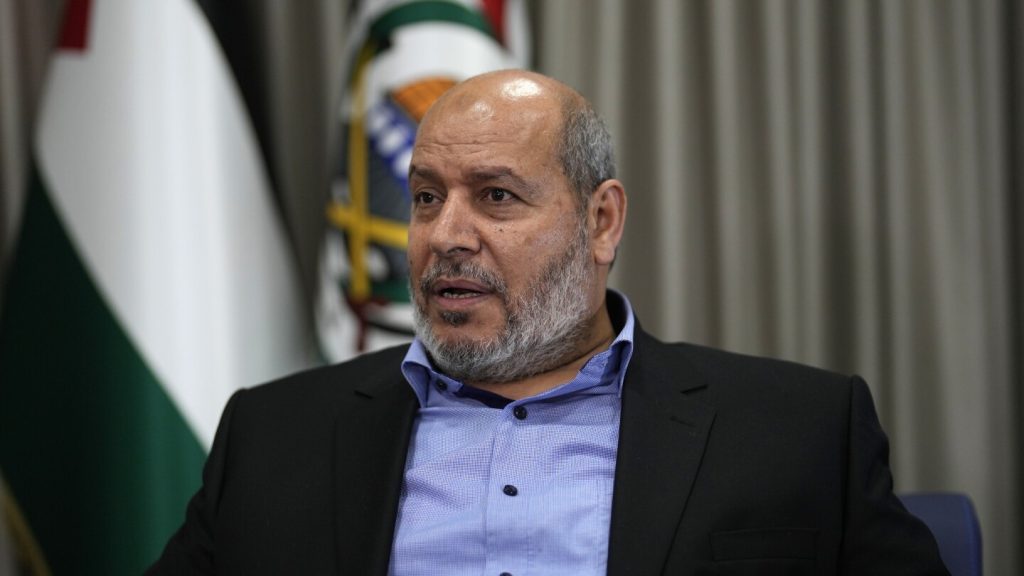Hamas, the Palestinian militant group, has long been viewed by Israel and other countries as a threat due to its refusal to recognize Israel or renounce armed conflict. Despite this, there have been indications of potential pragmatism within Hamas that could lead to a compromise. Hamas has offered long-term truces instead of outright peace and has dropped pledges to destroy Israel while endorsing armed resistance for the liberation of all Palestinian land. However, Hamas’ vague positions have fueled suspicion and hindered progress towards a resolution.
Recently, senior Hamas official Khalil al-Hayya stated in an interview that the group would lay down its weapons and transition to a political party if an independent Palestinian state was established in the West Bank and Gaza Strip along the pre-1967 borders. This rare suggestion of disbanding its armed wing could signal a shift in Hamas’ approach, although it still emphasizes the possibility of a truce rather than full peace. Israeli Prime Minister Benjamin Netanyahu has vowed to destroy Hamas following recent attacks, further complicating the situation.
In the past, Hamas has engaged in unity talks with the Palestinian Authority, expressing support for a Palestinian state along the 1967 lines in exchange for a ceasefire. However, these talks have often ended in failure due to disputes over power and recognition of Israel. Hamas has also released a new political platform in 2017, which toned down its religious and anti-Semitic rhetoric from its original charter issued in 1988. The new document emphasizes human rights and the right to resist occupation, while accepting a state in the West Bank and Gaza with Jerusalem as its capital.
Despite these shifts in rhetoric, Hamas still rejects any alternative to the full liberation of Palestine, which includes present-day Israel. This stance is seen by Israel as a call for its destruction, further complicating the prospects for peace. The ongoing conflict between Hamas and Israel continues to be a point of contention in the region, with international players like the United States and European countries aligning with Israel in labeling Hamas as a terrorist organization. The nuances in Hamas’ positions and the lack of clarity on recognizing Israel remain key obstacles to achieving a lasting resolution in the Israeli-Palestinian conflict.


